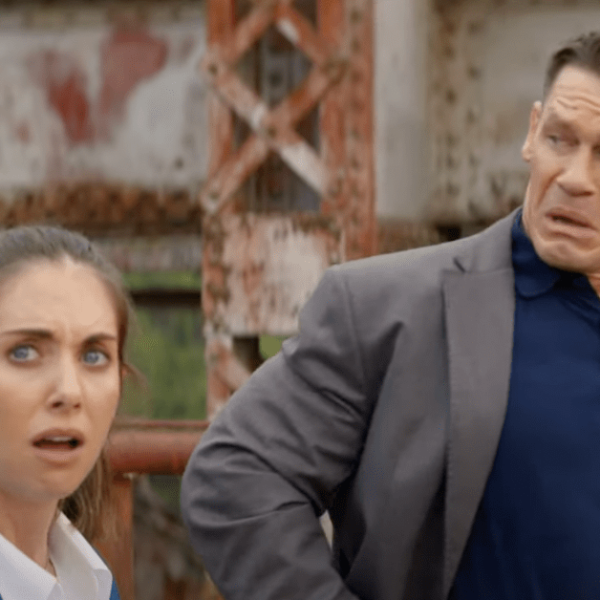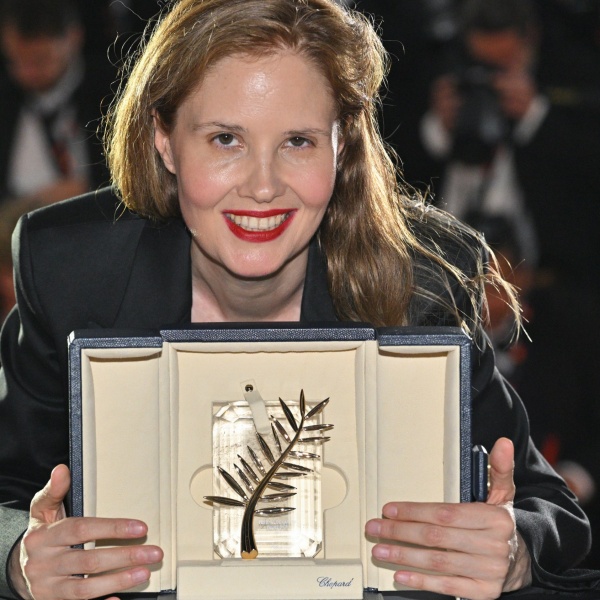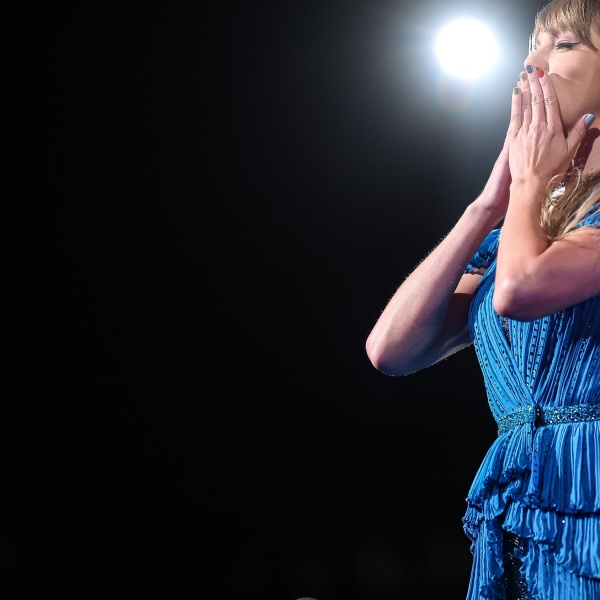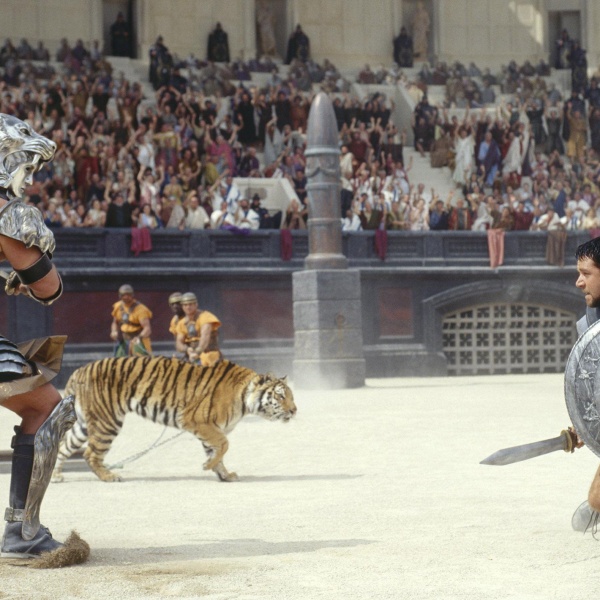
Directors Shari Springer Berman and Robert Pulcini are no strangers to tackling everyday characters and people who are caught within somewhat unreal circumstances. There was Harvey Pekar in “American Splendor” whose own eccentricity made him a star; Kevin Kline‘s Henry Harrison in “The Extra Man” who as an escort for wealthy widows was an eye-opener for Paul Dano‘s Louis Ives and even Annie Braddock in “The Nanny Diaries” finds herself in the strange world of the well-heeled in New York City. Thus, with “Cinema Verite,” the directors find themselves firmly — if somewhat a little too comfortably — in their wheelhouse. The film goes behind-the-scenes of the legendary and groundbreaking PBS documentary “An American Family” which chronicled the Loud brood, largely at their ugliest and most dramatic. Airing in 1973, the 12-part series was both a hit with ten million viewers and a scandal for tarnishing the wholesome image of the typical middle class American family.
When we first meet the family matriarch Pat Loud (Diane Lane) her confidence and self assuredness is already soundly on display. In a meeting with producer Craig Gilbert (James Gandolfini), who she was referred to as a possible subject for the project, she initially casually and cooly turns him down, not particularly won over by his charms nor the prospect of being on TV. However, her vulnerability is there in equal measure when upon the merest hint that Craig might look elsewhere, she finally agrees to have her family profiled on the show. And she is in such a rush to seal the deal, she doesn’t bother telling her family until after she locks it down with Craig.

In order to help shoot the project, Craig has a camera crew led by Alan (Patrick Fugit) and Susan (Shanna Collins) essentially follow the Louds around for nearly every waking moment. It’s a new experience for them, and something quite different than Craig’s previous documentaries that they’ve worked on. The initial dailies are boring and with Craig trying to convince PBS of the dramatic potential of the series to help secure more funding, the line dividing the Loud family from the filmmakers begins to shift and disintegrate. At first Craig is content on exploiting the Loud children, getting a crew to follow the very flamingly gay Lance Loud (Thomas Dekker) as he goes to New York and then to Paris. At the time depictions of homosexuality on screens was still a bit of a novelty so this had major shock value (and was the biggest target of criticism). He also points the camera at Grant and Kevin, who have dreams of their rock band making it big.
But with the results still not quite impressing the suits at PBS, Craig begins to push harder and eventually get personally involved. Sensing an undercurrent of tension between Pat and her always-out-of-town-on-business husband Bill (Tim Robbins), Craig does everything he can to drive a wedge between the two, manipulating them in the hope that sparks will fly. And they do. But at first, Alan and Susan are so shocked by what they see and how personal and raw the interactions between Pat and Bill are getting, they refuse to film. They become incensed when they see Craig inserting himself into scenes almost as if to direct Pat in the direction she needs to go. For Alan and Susan who strive for some kind of ethics between filmmakers and their subjects it becomes a difficult challenge for them to balance their values with what’s good entertainment and — without spoiling anything — Craig’s machinations arguably cause one of the most shocking developments within the family that will ripple for years later.
But here’s the thing — none of is this is all that surprising for anyone even remotely familiar for what passes for “reality” television today. Highly scripted and staged for maximum effect, today’s shows are sold entirely on the drama and entertainment from putting people into highly charged situations and calling it “real.” Where directors Berman and Pulcini falter is in transmitting how new and strange this all was for an audience in 1973. As we watch Craig pull the puppet strings, we can appreciate how taboo it might have been at the time, but don’t necessarily feel it. However, perhaps most frustrating, one of the more intriguing elements of the whole story which found the Louds going on the rebound after the series aired, reclaiming their image and even their family while Craig disappeared into obscurity, is relegated mostly to a montage sequence at the end of the movie and some text about what happened to everybody. This is where the most interesting drama is and for a film that runs at a very brief 90 minutes, we easily could have used thirty minutes on how the Louds survived the wake that the splash of the series caused.
Yet, despite the shortcomings and the relatively straightforward and predictable dramatic arc, “Cinema Verite” is still an involving drama. This is largely due to the three leads — Lane, Gandolofini and Robbins — who make the story sing. There are huge swaths of character detail that isn’t found in the dialogue, but in gestures and demeanor, and the double meaning of words spoken on and off camera during the filming of the series. Lane and Robbins are great together as a married couple, trying to maintain a brave face for themselves, their children and the camera as the fragile strings keeping their marriage together are quickly becoming frayed, while Gandolfini takes a nice detour from his growly grizzly bear roles to play a charming asshole. It’s a winning turn, even if you hate the character.
And though you won’t learn anything new, and the depth of the material might be lacking, the story of America’s first reality television family still fascinates. “Cinema Verite” turns back the clock to a time when it was all just a bit more innocent, and shows not only how quickly it was corrupted, but how much we as the audience wanted it to. [B]
“Cinema Verite” premieres on HBO on Saturday, April 23rd.



